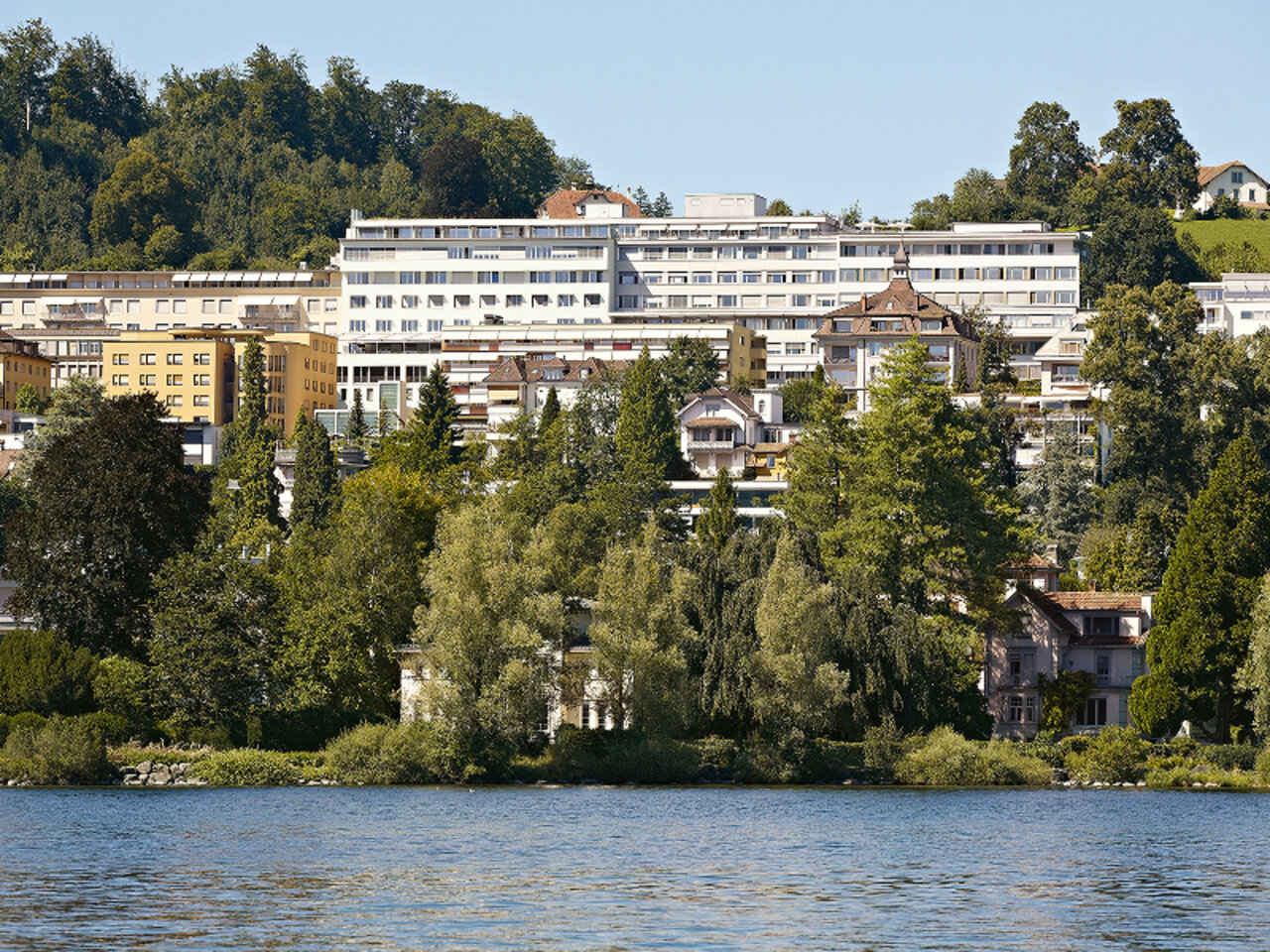Specialists in Kidney Stones
2 Specialists found
Information About the Field of Kidney Stones
What Are Kidney Stones?
Kidney stones form when urine becomes supersaturated with certain substances. These substances then cause the formation of concretions. These are small stones that form when certain substances precipitate and become solid substances. These substances are then usually found in the kidney (nephrolithiasis) or in the urinary tract (urolithiasis) and can block it. Kidney stones are a common condition, affecting men more often than women, usually between the ages of 30 and 50.
Causes: How Do Kidney Stones Form?
Kidney stones can form when the organism has too much of some substances or becomes oversaturated with some substances. Normally, these substances are soluble in urine. If their concentration in urine increases, they can no longer be dissolved in urine and accumulate in some places (precipitation). Initially, a kind of salt stone is formed, to which other substances are subsequently attached. The kidney stone thus increases in size.
There are certain risk factors that can contribute to the formation of kidney stones. These include increased excretion of stone-forming substances and, at the same time, reduced excretion of substances that prevent stone formation (substances that inhibit crystallization).
Other favoring factors are deviations in the pH value of the urine, a high concentration of urea and a disturbance of the urine outflow (urinary stasis). It should be noted that stone formation is multifactorial. This means that several factors occur simultaneously and stone formation occurs. Furthermore, genetic factors, gender, age, diet, and climate play a role in the formation of kidney stones.
Kidney Stones Symptoms
As long as the kidney stone remains in the kidney, there are usually no symptoms. These occur mainly when a stone leaves the kidney and obstructs the draining urinary tract.
If a stone leaves and obstructs one of the draining urinary tracts, the typical renal colics develop. These are severe pains in the area of the flank or lower abdomen, which usually occur in waves and can radiate to the groin region, among other places. The wall tension of the draining urinary tract increases above the stone causing this pain. The urinary tract has thin muscles that lead to the constriction. This happens because the body is trying to push the stone out.
Pain may be joined by restlessness, nausea, and vomiting. The obstruction of the urinary tract can lead to congestive kidney disease and blood poisoning, as the increased pressure can cause more bacteria to pass into the blood. Furthermore, patients suffer from increased urinary tract infections, blood in the urine, infrequent or increased urination and painful urination.
How Are Urinary Stones Detected?
Urinary stones can already be diagnosed by the typical pain symptoms. In addition, information from the patient about risk factors or whether they have blood in the urine is required. The physician must have a blood count done for the typical symptoms and when kidney stones are suspected, and analyze the typical parameters/values for inflammation and kidney congestion. This will also help to better conclude the cause of the kidney stones. In addition, kidney stones can be detected by ultrasound in the kidney, bladder or urinary tract. The most reliable method of diagnosis is contrast-enhanced spiral computed tomography (spiral CT), as the stones can be reliably detected here and distinguished from other causes (tumor, blood clot).
Kidney Stone Treatment: How Kidney Stones Can Be Removed
Kidney stone treatment without surgery
Acute pain caused by kidney stones is initially treated with painkillers (metamizole, pethidine) and muscle relaxants (tamsulosin). If no symptoms occur, although a kidney stone has been detected, patients wait without treatment. Treatment depends on how large the stone is. If it is smaller than 5 mm, it is possible to wait until the stone passes spontaneously. You should drink a lot and move around. It also depends on what material the urinary stone consists of. If the urinary stone consists mainly of uric acid, it can be removed with the help of oral chemolitholysis. This involves changing the composition of the urine (alkalizing it), increasing urine production with plenty of fluids, and lowering the uric acid concentration in the blood with drugs such as allopurinol.
Shock Wave Therapy: Destroying Kidney Stones
On the other hand, urinary stones can also be crushed with shock wave therapy. In this procedure, a device sends shock waves that cause the kidney stones to "shatter." The debris can also be pulled out afterward, which is done with the help of small tubes inserted up to the stones through the ureters or through the abdominal wall.
Kidney Stone Surgery
Percutaneous nephrolitholapaxy (PNL) also removes large kidney stones in the renal pelvis through the abdominal wall. In ureterorenoscopic stone removal (URS), the urinary bladder is punctured and an endoscope is passed into the urinary tract (ureter) to then remove large stones. For urinary stones, the basic rule is to drink plenty of fluids, have a healthy and balanced diet, and do not eat too many proteins.
Which Doctor is a Specialist for Kidney Stones?
Specialists in the diagnosis and treatment of kidney stones are specialists in urology and nephrology. While nephrologists are primarily concerned with the diagnosis and conservative treatment of kidney stones, urologists are responsible for the area of the draining urinary tract. Surgical stone removal is also mainly performed in specialized urological clinics.
We will help you find an expert for your condition. All listed doctors and clinics have been reviewed by us for their outstanding specialization in the area of kidney stones and are awaiting your inquiry or treatment request.
Sources:

